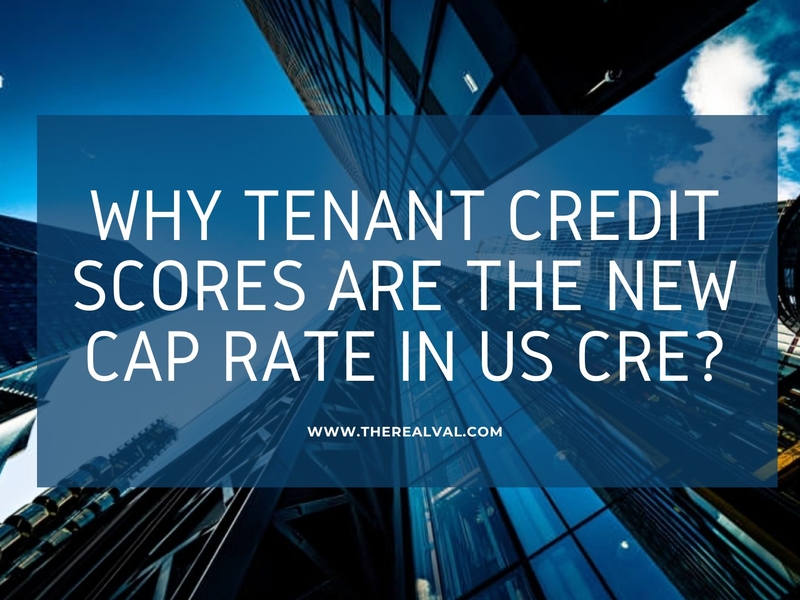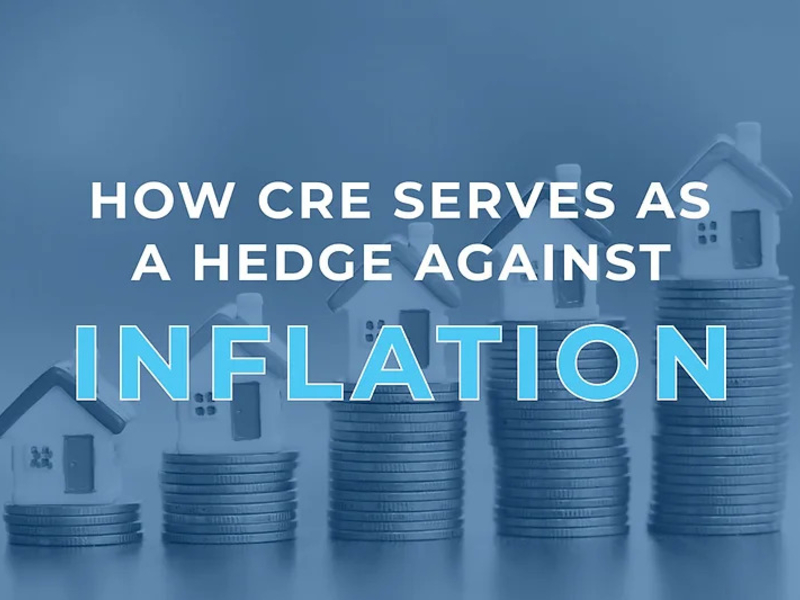Perspectives shift in the US commercial real estate market, as investors are looking beyond traditional measures like cap rates. What is gaining attention instead? It is a metric called tenant credit scores. As risk assessment becomes more important than ever, knowing how a tenant’s credit quality impacts property value is now necessary for smart investment decisions.
Why Do Cap Rates Still Matter?
A cap rate is quite straightforward: It is calculated by taking the property’s Net Operating Income (NOI) and dividing it by its value. It’s a quick and simple way to see an investment’s yield and risk level. Lower cap rates usually mean lower risk and steady returns; higher cap rates often mean more risk. Cap rates are still a core part of real estate deal analysis.
The Rise of Tenant Credit Quality
Cap rates show return potential, but not how secure that return is, which is why despite being essential, they aren't enough. That’s where tenant credit scores and ratings step in; and they’re now becoming a major driver in property valuations.
Why Cap Rates Still Matter?
A cap rate is quite straightforward: It is calculated by taking the property’s Net Operating Income (NOI) and dividing it by its value. It’s a quick and simple way to see an investment’s yield and risk level. Lower cap rates usually mean lower risk and steady returns; higher cap rates often mean more risk. Cap rates are still a core part of real estate deal analysis.
Here’s why tenant credit quality matters in CRE today:
- Lower Risk, Lower Cap Rate: High-credit tenants usually mean fewer missed rent payments and therefore, more predictable income. Such a reliability often drives lower cap rates.
- Financing Benefits: Lenders offer better terms like lower interest rates or higher loan-to-value ratios, when tenants have strong credit. This can directly boost investor returns.
- Value Stability: Properties leased to investment-grade tenants often hold value better during market downturns because buyers see them as stable, income-producing assets.
- Longer Leases: High-credit tenants are more likely to commit to 10–20 year leases, giving landlords long-term stability and reducing turnover risk.
Triple Net Leases and Credit Tenants
Triple net (NNN) leases are where tenant credit scores really prove their value as a winning combination. In an NNN lease, the tenant, not the landlord, pays property taxes, insurance, and maintenance. That means minimal expenses for the property owner. That combined with a tenant who has strong credit, gets you one of the most secure income streams in commercial real estate.
NNN properties leased to brands like McDonald’s, Chick-fil-A, and Walgreens are in high demand. They often sell at cap rates far below the market average.
Why This Shift Is Happening Now
A few years ago, tenant credit quality was important, but it wasn’t the top priority. Now, several market trends have pushed it into the spotlight:
- Economic Volatility: With uncertainty around consumer spending, inflation, and interest rates, investors want stability. A strong tenant credit score offers that.
- Steadier Cap Rates: As cap rates level off compared to recent years, tenant credit quality has a bigger role in pricing.
- Institutional Investor Strategy: Large investment funds are targeting properties with blue-chip tenants, driving up demand, and prices for these assets.
Cap Rates + Credit Scores= The New Investment Formula
Cap rates show how a property performs financially. Tenant credit scores show how safe those numbers are.
Today’s top properties aren’t just the ones with good yields, but they’re the ones with dependable income from financially strong tenants. Many investors are willing to accept lower yields in exchange for lower risk, and that’s reshaping how deals are priced, financed, and structured.
Now, tenant credit scores have become the “new cap rate” in US commercial real estate. They’re influencing valuations, guiding financing terms, and redefining what counts as a prime investment.
- For buyers, this means looking beyond NOI and market comps and digging into tenant creditworthiness.
- For sellers, it means securing and highlighting high-credit tenants can significantly raise your property’s appeal and selling price.
The math of real estate investing is no longer just about the property’s numbers, it’s also about the financial strength of the tenant behind the lease.
At RealVal, our underwriting expertise helps investors, lenders, and owners evaluate tenant credit strength, uncover hidden risks, and maximize property value.
Get in touch today to secure smarter, lower-risk investments, reach us at info@therealval.com
Trending





